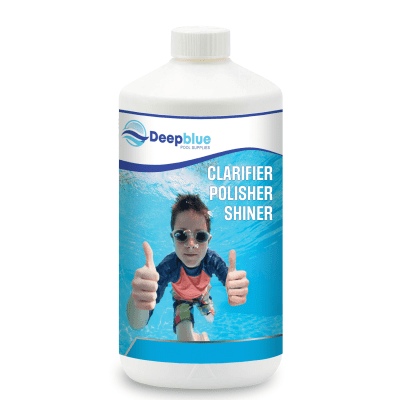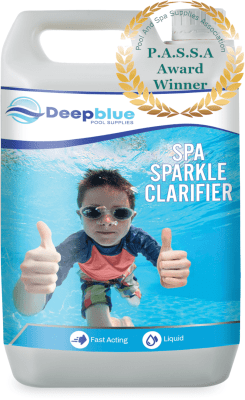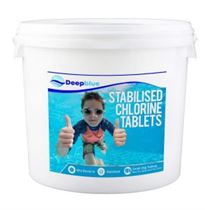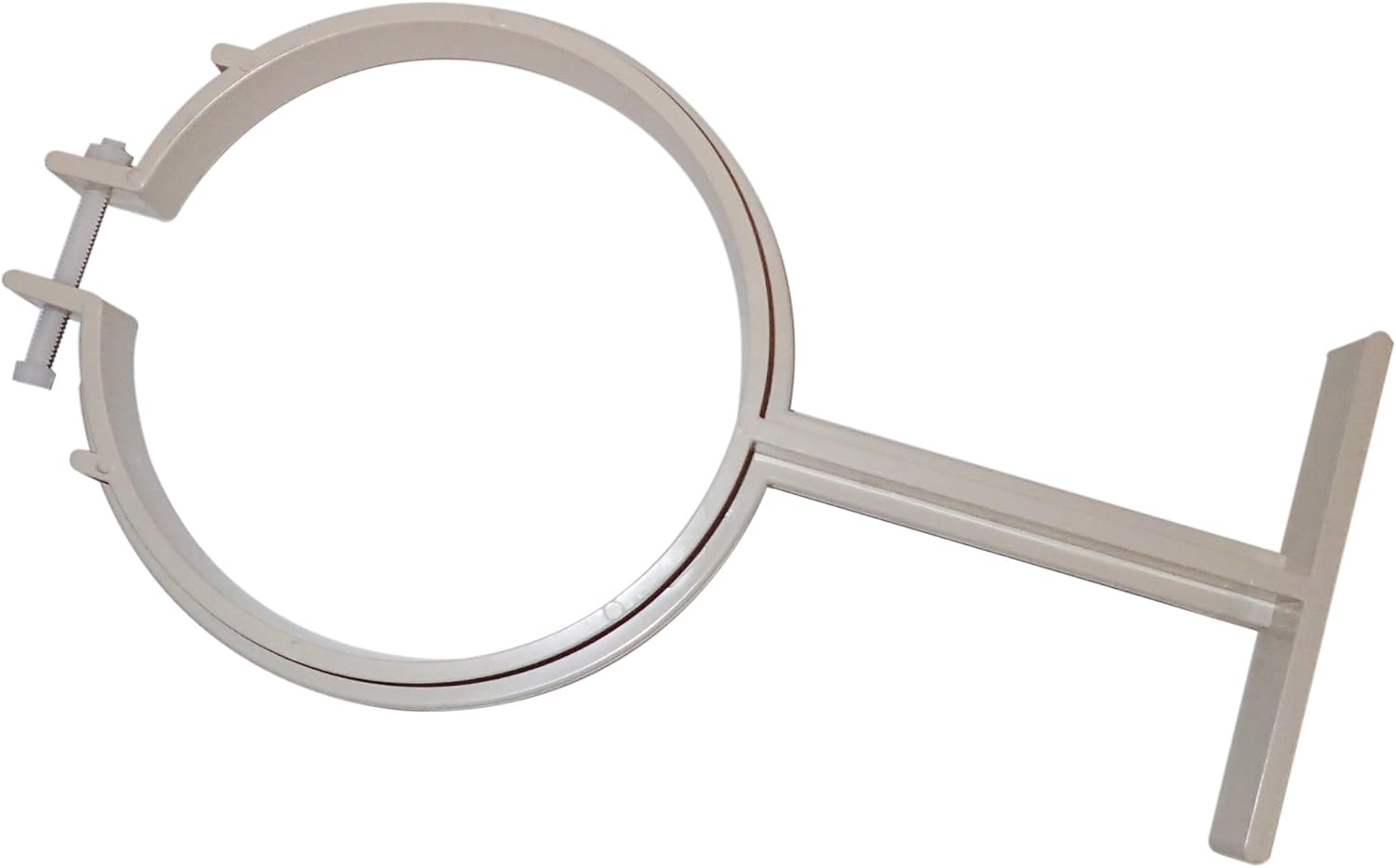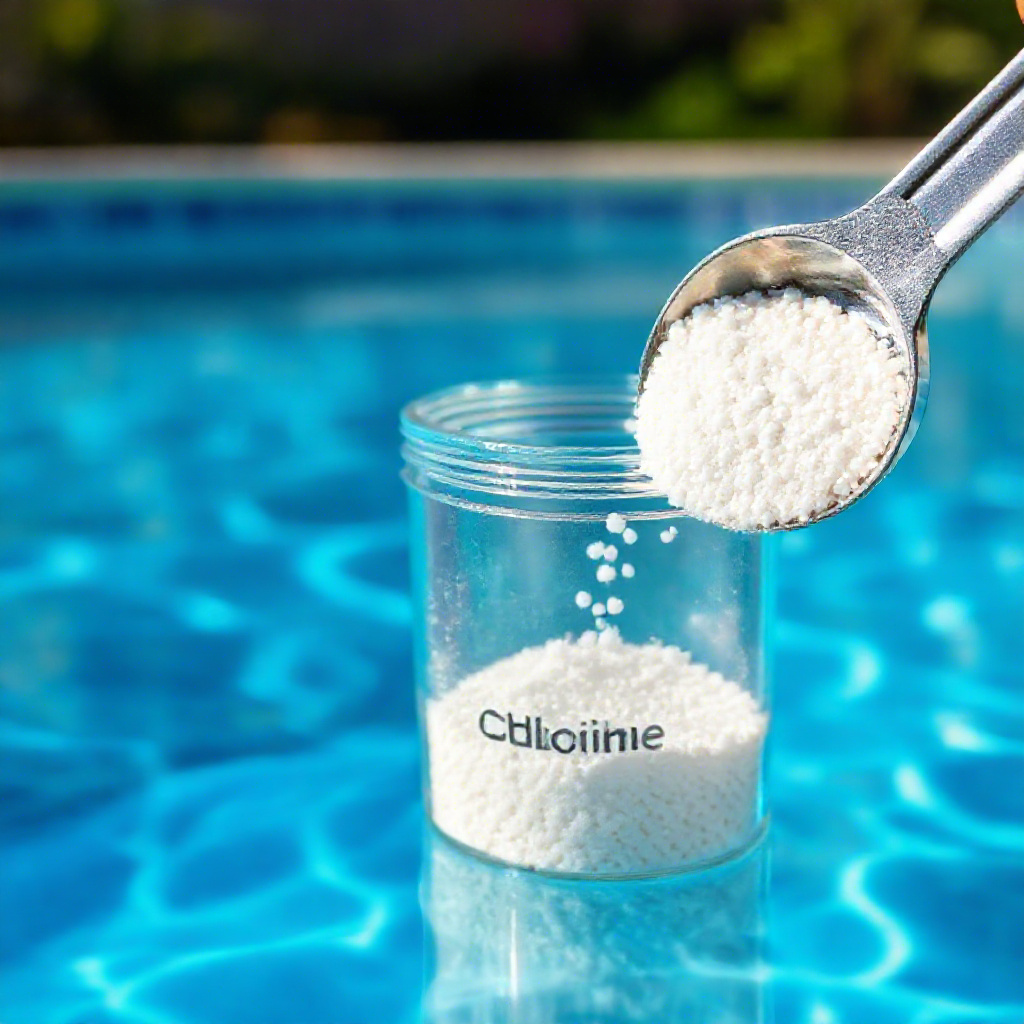Blogpool, Chemicals, Maintenance, Swimming Pool, Trouble Shooting, Water Testing
Common Pool Myths Debunked
When it comes to pool maintenance, there are a lot of myths floating around. These misconceptions can lead to improper care, wasted time, and even unnecessary expenses. Understanding the truth behind pool care will save you from headaches and ensure your pool stays in top condition. In this post, we’ll bust some of the most common myths about swimming pools and provide you with the facts you need to maintain your pool effectively.
The most common Myths….
1. Myth: Chlorine is Harmful to Your Skin
- Fact: Chlorine is essential for keeping your pool safe by killing harmful bacteria. However, at the correct levels (1-3 ppm), chlorine is safe for most people. Skin irritation often results from improper water balance, not the chlorine itself.
- Prevention Tips: Keep pH between 7.2-7.6 and chlorine levels between 1-3 ppm to avoid skin irritation. Shower before swimming to remove oils and lotions that can react with pool chemicals.
2. Myth: You Don’t Need to Clean a Saltwater Pool
- Fact: While saltwater pools are lower maintenance than traditional chlorine pools, they still require regular cleaning. Salt systems generate chlorine, so regular water testing and filter cleaning are still necessary.
- Maintenance Schedule: Clean the salt cell every 3-4 months and regularly vacuum the pool to prevent algae growth. Test the water chemistry weekly.
3. Myth: You Can Swim Right After Adding Chemicals
- Fact: After adding chemicals to your pool, you need to give them time to properly disperse and balance the water. Swimming immediately can expose swimmers to harmful concentrations of chemicals.
- Tip: After adding chemicals such as chlorine or algaecide, wait at least 30 minutes to an hour before entering the pool. For pH adjustments, wait at least 4 hours.
4. Myth: Pool Algae is Unavoidable
- Fact: Algae can be prevented with proper water chemistry and regular maintenance. If you keep the chlorine levels in check and use algaecide when necessary, you can avoid algae growth.
- Prevention Tips:
- Shock the pool weekly, especially during high-use periods.
- Use an algaecide as a preventive measure.
- Brush and vacuum the pool regularly to prevent algae from sticking to surfaces.
5. Myth: More Chemicals = Cleaner Pool
- Fact: More chemicals don’t necessarily mean a cleaner pool. In fact, over-chlorinating can cause irritation and damage to your pool’s surfaces and equipment.
- Best Practice: Always follow recommended dosing instructions based on your pool’s volume. Test the water before adding chemicals and adjust according to the readings.
Summary:
By debunking these common pool myths, you can take better care of your pool, save time, and avoid costly mistakes. Always rely on facts and proper testing when it comes to maintaining your pool. Don’t let misinformation stand in the way of having a clean and enjoyable pool. With the right knowledge, your pool maintenance routine will become more effective and efficient.


